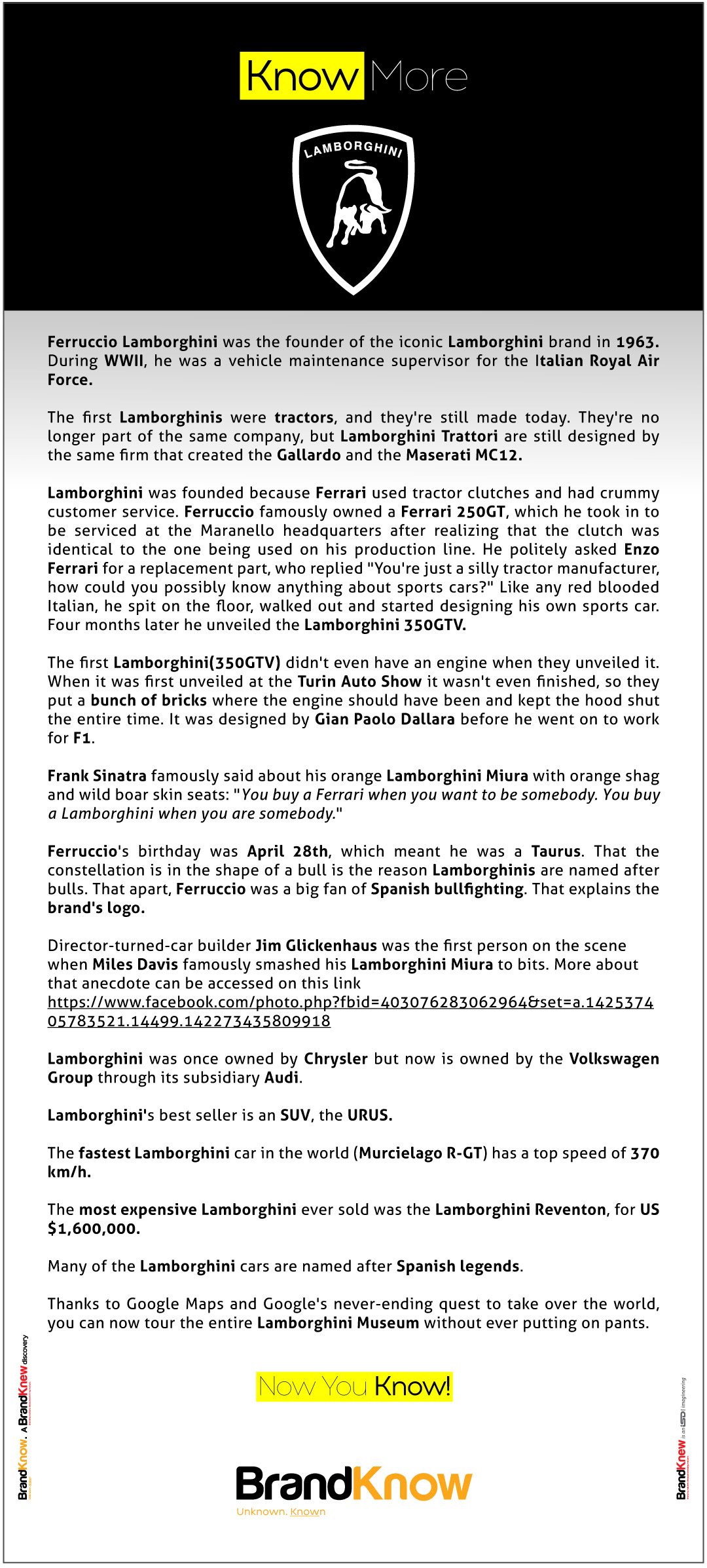Tony Hadell had a knack for building things right from the time he was four. His grandfather would ask him to fix and build things and he would take to it like a fish to water. Little wonder that he went onto build the iPod, the iPhone and Nest. He is now the CEO of Nest ( he co founded it with Matt Rogers) which Google acquired for US$ 3.2 billion. He also has over 300 patents(not just as an aside).
It wasn’t easy going though. When Tony first went with the idea of the iPod and the iPhone, some leaders did what they seem to do best- give it a pass. And there were some big names in there. Take a look :
–PHILLIPS: Gave up on Tony, their VP of strategy and new ventures
–MICROSOFT: Steve Ballmer, worth $41 billion—“There’s no chance!”
–MOTOROLA: Padmasree Warrior, CTO—“Nothing revolutionary about it . . .”
–PALM: Ed Colligan, CEO, worth $3.4 billion—“[They] are not going to figure it out.”
–NOKIA: (market leader with 1 billion customers), Anssi Vanjoki, Chief Strategist—“With Mac, Apple remained a niche [expect the same] in mobile phones”and switching to Android would be like the Finnish boys who “pee in their pants”for warmth in the winter.
– BLACKBERRY: Mike Lazaridis (worth $2 billion)—“[With Apple’s ads] customers are now coming to the store [and leaving with a Blackberry], and so what it’s actually done is increased our sales.”
Why did the market leaders dismiss the potential of such a revolutionary product when you and EVERYBODY else immediately realized the smartphone would be awesome? They were too comfortable and confident in their familiar paths.
The paradox of success is such that new ideas look too awkward at first, thereby causing them to be overlooked . And by smart, industry leaders at that. Another brilliant example is that of Enzo Ferrari, founder of the iconic Ferrari brand. Actually a Ferrari rebuke, caused the launch of what you see today as Lamborghini. Read the story below at Know More:

Smart people overestimate their level of control. Often the idea thats dismissed becomes the one that topples an empire. Ironically market leaders are at a greater risk of missing out. Enzo Ferrari wasn’t the first market leader to dismiss an innovative idea presented to him. History is littered with instances where a market leader couldn’t see the potential in a rivaling idea. Read on, you sure are to recognise a few of them:-
–England rejected Thomas Edison’s light bulb and said it was “unworthy of the attention of practical or scientific men.”
• Western Union rejected Alexander Graham Bell’s telephone, saying it was “idiotic. Why would any person want to use this ungainly and impractical device?”
• The Kansas City Star fired Walt Disney, saying he “lacked imagination and had no good ideas”
• Kodak invented digital photography in 1975 but didn’t adapt and went bankrupt
• HP rejected Steve Wozniak’s computer ideas three times
• Atari could have owned 33% of Apple for $50,000
• EDS could have bought Microsoft ($60 million)
• Excite could have bought Google ($1 million)
• Myspace could have owned Facebook ($75 million)
• Yahoo could have owned Facebook ($1 billion)
• Britannica could have been Encarta, but they rejected Bill Gates
• Encarta could have been Wikipedia
• Blockbuster had three chances to buy Netflix ($50 million)
• You and I could have been a lot wealthier if we put all our money into Amazon
Almost every tale of disruption involves smart people dismissing a subtle new idea! Successful companies often fail to see the potential of new ideas outside their wheelhouse.
With the internet establishing its footprint in the 80’s, Jack Smith and Sabeer Bhatia set out to pitch investors on the concept of Hotmail. Imagine: a service where anyone in the world could get their own email address, absolutely free! It was a relatively simple business model, which could be funded by advertising. This didn’t seem as complicated as you might think, but investors hated it. Smith and Bhatia’s idea was rejected 100 times. Eventually, the private equity firm Draper Fisher Jurvetson cut them a check for $300,000. A year and a half after their launch, Hotmail was sold to Microsoft for $400 million. Not a bad return.
Sum summarum, being open to new thinking, new possibilities is the best default mode. But, we are more dependent on past decisions than we would like to think(or accept).

Suresh Dinakaran’s reflections on the dismissal of groundbreaking ideas by industry giants serve as a stark reminder of the critical need for adaptability and foresight in leadership.
The historical oversight of revolutionary products underscores a broader issue: the lack of proactive decision-making and evaluation within boardrooms. It’s a cautionary tale that not only highlights the importance of embracing innovation but also the necessity for boards to possess the right competencies and ask the pivotal questions.
The move towards certified board directors is a step in the right direction, aiming to prevent the oversight of potential that could redefine industries. As history shows, from Edison to Bhatia, the greatest innovations often come from the most unexpected places.
Embracing new ideas and being open to change isn’t just wise; it’s essential for survival in the ever-evolving business landscape.
#Innovation #Leadership #BoardroomDynamics #AdaptOrPerish
Totally align Vasu, thank you